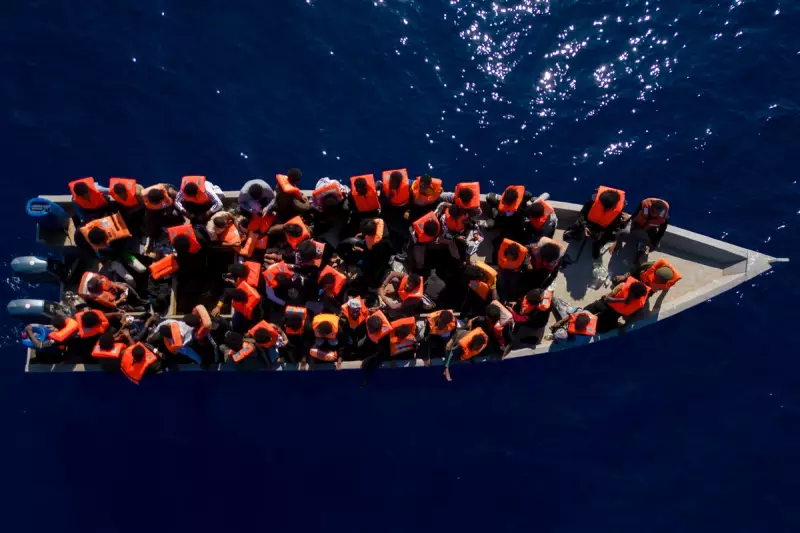
In a significant blow to the Netherlands' immigration policy, Dutch judges have ordered an immediate suspension of all deportation flights to Ethiopia, declaring the East African nation unsafe for returnees.
The ruling came after a coalition of human rights organisations presented compelling evidence suggesting Ethiopian deportees face "substantial risks" upon their forced return. The court found their concerns sufficiently grounded to warrant intervention.
Court Cites Grave Safety Concerns
The Dutch court's decision highlighted multiple factors contributing to Ethiopia's current instability. Judges pointed to ongoing conflicts in several regions, widespread human rights issues, and the particular vulnerability of individuals who might be perceived as government opponents.
"There is a real risk that returnees could face treatment contrary to Article 3 of the European Convention on Human Rights," the court stated, referencing the convention's prohibition of torture and inhuman treatment.
Broader Implications for European Migration Policy
This ruling represents more than just a national policy shift—it sends ripples across Europe's broader migration strategy. The Netherlands has been among several EU nations seeking to increase deportation rates to countries previously deemed safe.
The decision particularly affects Ethiopian migrants who have exhausted their legal appeals for asylum in the Netherlands. Many had been living in limbo, facing imminent removal before this judicial intervention.
Human Rights Organisations Hail Victory
Advocacy groups celebrated the ruling as a major victory for migrant protections. "This acknowledges the dangerous reality in Ethiopia that we've been documenting for years," said a representative from one involved organisation.
They emphasised that the decision reflects growing judicial recognition that political situations can change rapidly, requiring continuous reassessment of which countries can genuinely guarantee returnees' safety.
The Dutch government now faces pressure to review its entire list of "safe countries of origin" and consider whether current assessment methods adequately capture ground realities in nations experiencing political volatility.





